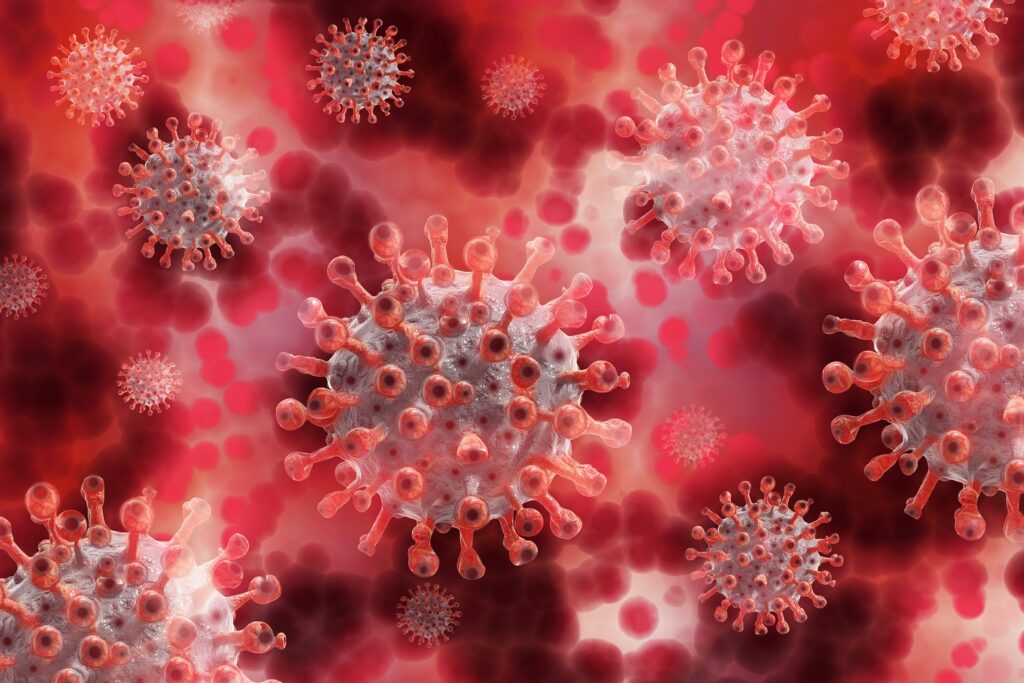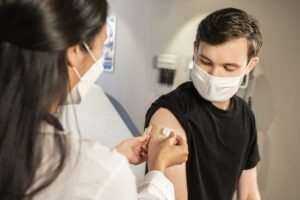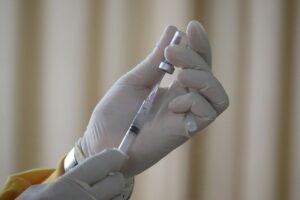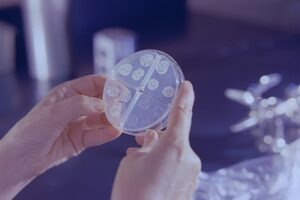Brii Biosciences has announced that ACTIV-2 clinical trial of the National Institutes of Health (NIH) in the US closed enrolment for the Phase III part that will evaluate BRII-196 plus BRII-198 for Covid-19 treatment.

The antibodies neutralise SARS-CoV-2. Credit: Gerd Altmann from Pixabay
Subscribe to our email newsletter
BRII-196 and BRII-198 are non-competing monoclonal antibodies obtained from convalesced Covid-19 patients. These antibodies neutralise SARS-CoV-2.
The trial is funded by the NIH unit National Institute of Allergy and Infectious Diseases (NIAID).
This trial is randomised, blinded, controlled adaptive platform ACTIV-2 master protocol that is led by AIDS Clinical Trials Group, which is sponsored by NIAD.
It is analysing the safety and efficacy of several experimental drugs for symptomatic Covid-19 treatment in adults who have not been hospitalised.
Earlier this year, the NIH initiated the Phase II/III ACTIV-2 trial of Brii Biosciences’ combination therapy.
The Phase III aspect of the trial will evaluate the combination treatment in 846 outpatients enrolled at centres in Brazil, South Africa, Mexico, Argentina, and the US.
People with symptomatic Covid-19 who stand at increased risk of clinical progression form part of the trial.
The combined primary goal of the study is to assess hospitalisations and death in the treatment arm as compared with placebo following 28 days of therapy.
The advancement to the Phase III part comes only after the combination met pre-defined, study-defined safety and efficacy goals during the second phase.
Following the conclusion of the study, ACTIV-2 dataset analysis will consist of people enrolled between January and July this year, a period when the world saw a quick emergence of new SARS-CoV-2 variants.
As part of the analysis, Bri Biosciences stated that clinical efficacy results of the combination therapy by variant type will be evaluated.
The BRII-196 plus BRII-198 combination has been found to be generally safe and well-tolerated in Phase I and Phase II trials.
During in vitro pseudovirus testing, the combination also demonstrated activity against key SARS-CoV-2 variants, including Beta, Alpha, Gamma, Epsilon and Delta variants.
A Phase II trial of the combination treatment is currently underway in China.
 Advertise With UsAdvertise on our extensive network of industry websites and newsletters.
Advertise With UsAdvertise on our extensive network of industry websites and newsletters.
 Get the PBR newsletterSign up to our free email to get all the latest PBR
news.
Get the PBR newsletterSign up to our free email to get all the latest PBR
news.

